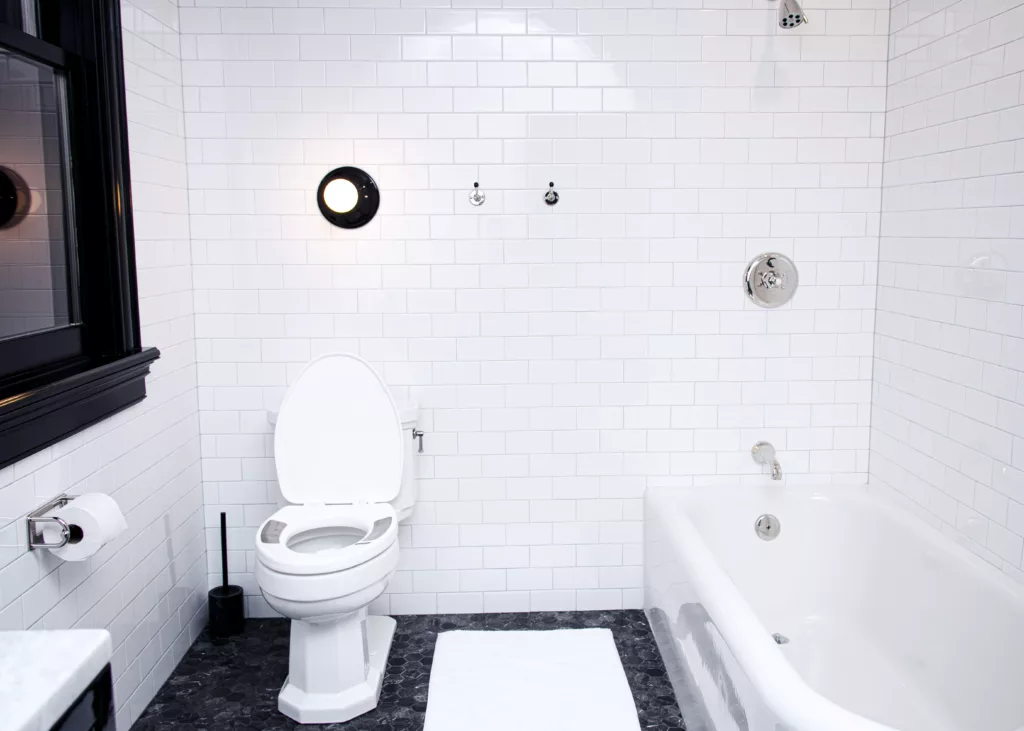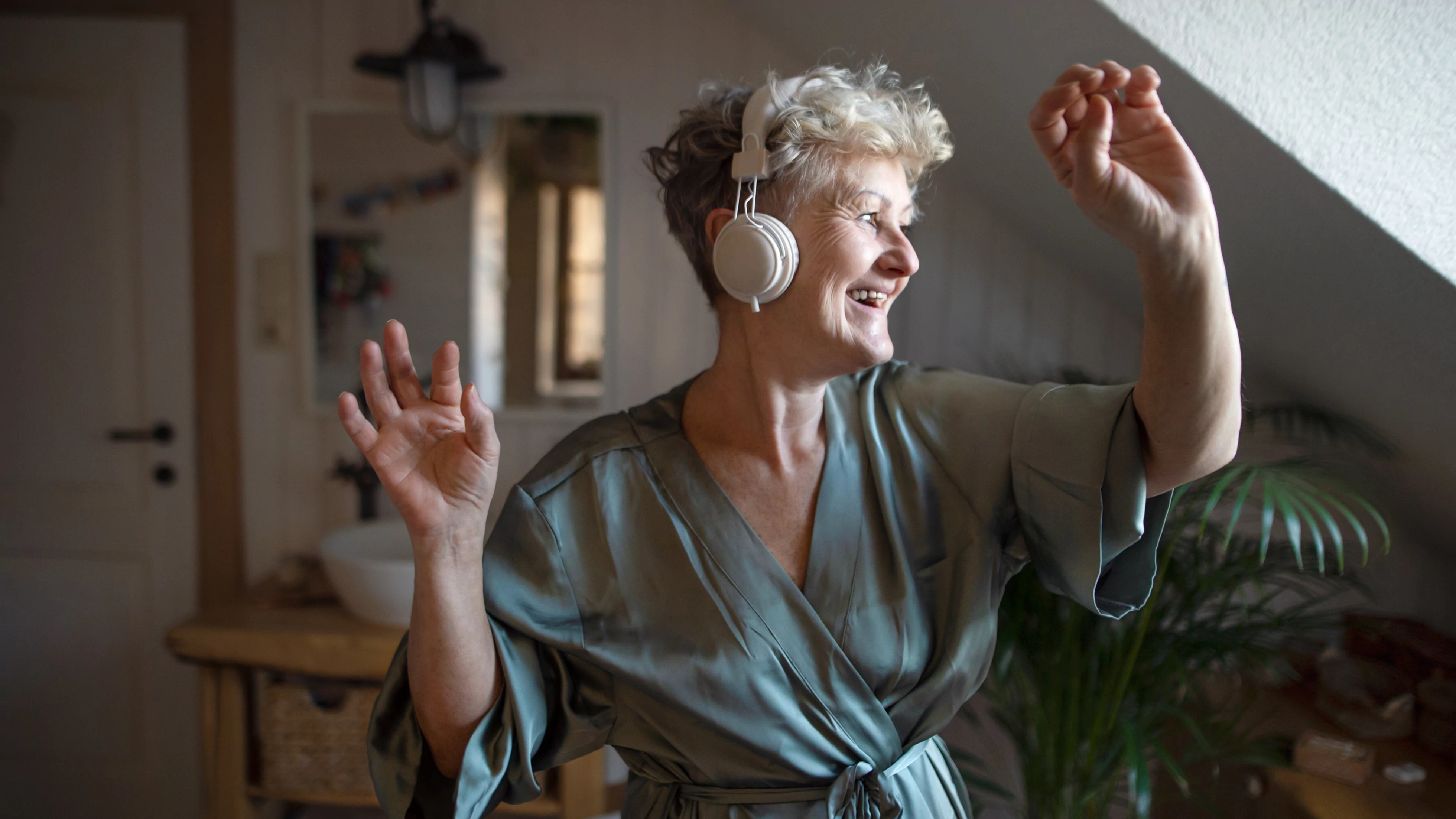Why a Smart Toilet Seat is the Unsung Hero of Effortless Technology for Seniors
Published: November 14, 2023
For seniors who have reached the point of ease over effort, the future of heart health monitoring is sitting right underneath you. Effortless technology is more than just a convenience; it’s a catalyst for a paradigm shift in the caregiving experience. But let’s be honest, the concept of monitoring your vital signs from your behind? It’s a touch “cheeky” – we know. However, sit back, relax – not too much – and let’s plunge into why seamlessly integrating user-friendly technology within senior living communities can improve the quality of care for our elders.
Forget “Wearables”, Introducing “Sit-ables”
Casana Study: 87% of research participants preferred a toilet-based monitoring device over a traditional blood pressure cuff and pulse oximeter.

Finding, charging, wearing – oh my. For our seniors, technology needs to be as straightforward as possible. From easy-to-navigate interfaces for health monitoring to streamlined communication tools, effortless technologies provide a sense of autonomy. Even more, they allow seniors to proactively manage their health from home, avoid unnecessary medical visits, and reach out for assistance freely.
What are you going to do every day without even thinking? Use the bathroom. The result? An elevated quality of life for seniors, with technology acting as an invisible hand that guides and supports without imposing. A nifty medical device, such as a smart toilet seat, can detect changes in certain vital signs, offering peace of mind – all while you’re, well, taking care of business!
Data That Won’t Go Down the Drain
Casana Study: 88% of contributors expressed their preference for monitoring their health from home rather than visiting a doctor’s office or medical facility.
When you develop innovative technology around people’s existing routines, you eliminate one of the biggest barriers for effective care – the struggle for humans to create, and stick to, new habits. Not only are you almost guaranteed to gather consistent measurements through bathroom behavior, you’re unobtrusively conquering adherence.
Now, let’s talk about the result of these consistent measurements. The healthcare industry faces the formidable tasks of learning new technologies, managing the abundance of data they produce, and finally, trying to use this data to make more informed clinical decisions. The problem? It’s extremely difficult to identify trends. Consistency in the collection of data will almost always yield consistent results, allowing clinical teams and caregivers to spot abnormalities and prevent further complications. And that folks, makes a smart toilet seat the throne of the future.
Built-in Tech Support
Casana Study: 91% of respondents stated they would be comfortable with their health information being transmitted on the internet as long as that information was encrypted.
Did you know the population of 85-year-olds in the U.S. will triple by 2060? By seamlessly integrating user-friendly, intuitive technology within senior living communities, caregivers are better equipped to provide comprehensive care to their residents. Devices that are easy to operate not only streamline caregiving tasks, but also allow caregivers to focus more on dedicated care, fostering a more human-centered approach.
Effortless technology optimizes administrative tasks, streamlines workflows, and reduces the administrative burden on senior care staff. Additionally, long-term cost savings are often realized through the use of smart technology by improving overall care quality and resource allocation.
The Heart Seat®
Casana Study: 90% of our study participants stated that they would recommend the Heart Seat to friends or family members.

Casana is innovating healthcare delivery with a smart toilet seat that enables effortless, integrated, and accurate in-home health monitoring. The FDA cleared Heart Seat captures heart rate and blood oxygenation. Future clinical measurements under development, such as non-invasive blood pressure, will assist medical teams with monitoring chronic conditions beyond the four walls of the physician’s office.
The Heart Seat consistently and passively captures health data when nature calls through:
- Collection: By simply sitting, the Heart Seat securely records and uploads data to the Cloud via WiFi requiring no additional effort from the patient.
- Analysis: Clinical algorithms calculate measurements, and a bio-identification algorithm distinguishes individual users, only displaying health data of a prescribed user to the appropriate provider or team.
- Data flow: Measurements are available in near real-time through simple data visualization for providers and care teams, saving valuable time for all those involved.
- Condition management: The Heart Seat will enable patients and providers to more easily manage chronic conditions outside of clinical settings.
The benefits of smart toilet seats for heart health monitoring in a senior living community start with the practicality and ease of this innovative technology. And remember, even the most mundane objects can bring proficiency – one flush at a time!
**The Heart Seat will become commercially available only upon future clearance of non-invasive blood pressure.
Disclaimer: All of the material provided above is for informational purposes only. This content is not intended to be a substitute for professional medical advice, diagnosis, or treatment. Always seek the advice of your physician or other qualified health providers with any questions you may have regarding a medical condition.
Recommended insights
Remote Patient Monitoring Guide | What is RPM?
For most of human history, health care was delivered in or near the home. And while the movement toward centralized healthcare has provided great advancements in treatment and research, there is little doubt that something has...Read More
“I’m Hypertensive”, How to Understand, Care & Help
Casana has taken a deep dive into the hypertension journey—a chronic condition which nearly half of Americans are burdened with, according to the CDC.
SpO2 Guide | It’s as simple as Breathing
What is SpO2? The human body is a medical marvel. The brain is capable of regulating the body down to the most minute of details; even the amount of oxygen in our blood—or more specifically, our...Read More
